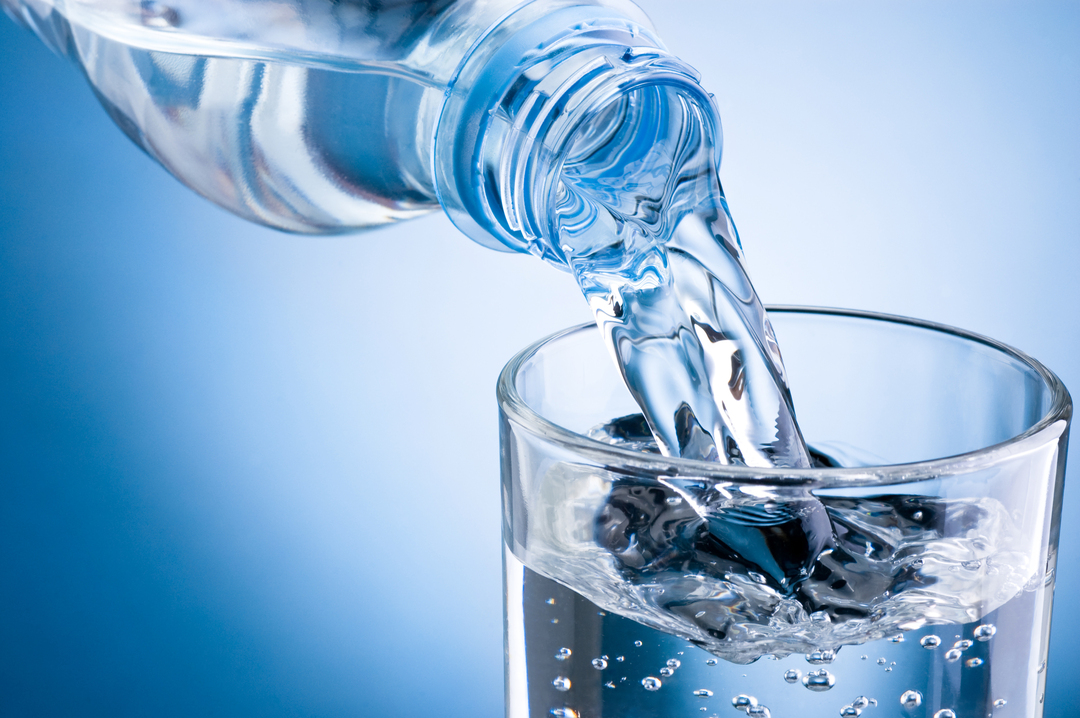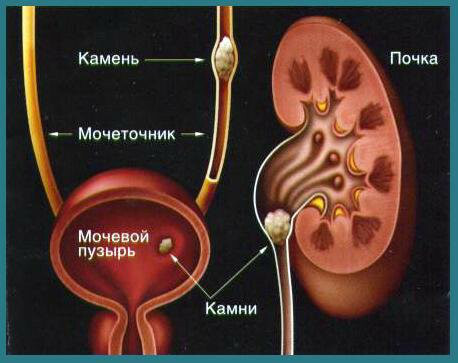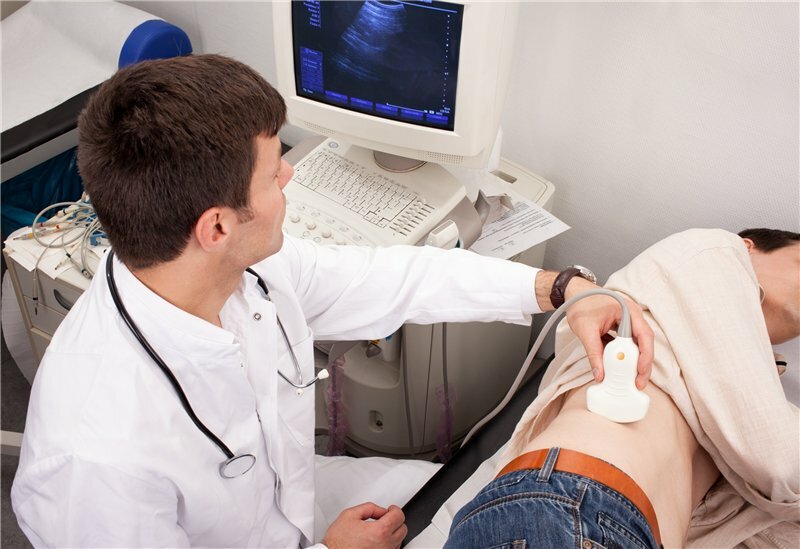Treatment of urinary tract infections in children under one year of age
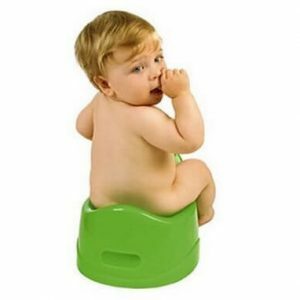 Among all infectious and inflammatory diseases in children, according to the frequency of occurrence, the second place after infection of the respiratory tract organs is caused by urinary tract infection.It is characteristic that the infection of the urinary tract in infants can be quite violent or vice versa asymptomatic.In the latter case, it is possible to guess the available inflammatory process only after receiving the results of the urine test.
Among all infectious and inflammatory diseases in children, according to the frequency of occurrence, the second place after infection of the respiratory tract organs is caused by urinary tract infection.It is characteristic that the infection of the urinary tract in infants can be quite violent or vice versa asymptomatic.In the latter case, it is possible to guess the available inflammatory process only after receiving the results of the urine test.
Symptoms of urinary tract infection in infants
Urinary tract infection is a collective concept that indicates the presence of an infectious inflammatoryProcess in the urinary organs without clarifying the localization of the pathological process .An infectious inflammatory process can occur in the upper urinary organs( kidneys, ureter) or the lower urinary organs( bladder, urethra).But to determine the exact localization of the inflammatory process in the baby is very difficult, so they often put a generalized diagnosis of "urinary tract infection."
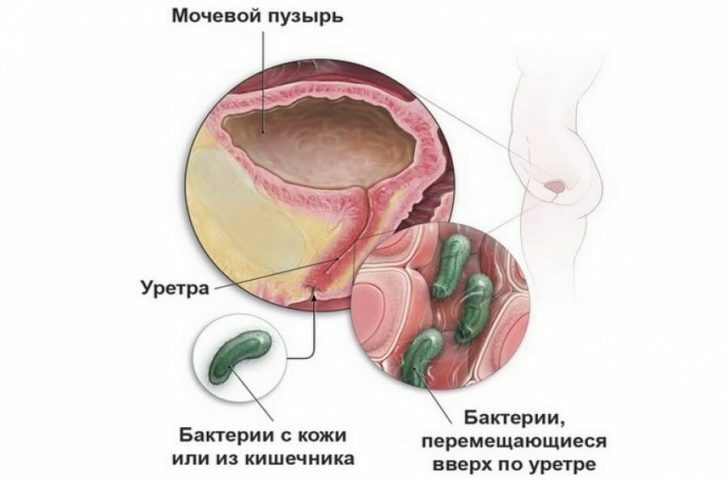
Young children under the age of one year are not able to tell where they are hurting and what is bothering.Parents can only guess what caused the restless behavior of the baby.Infection of the urinary tract at this age can manifest completely non-specific symptoms, which are observed in a variety of pathological conditions. These are symptoms such as:
- Insufficient weight gain according to age;
- Lethargy or restlessness, baby's crying;
- Poor appetite;
- Elevated temperature;
- Pale skin;
- Jaundice;
- Vomiting;
- Impaired rhythm of urination: straining with urination, tachycardia or urethritis, urinary incontinence( including at night);
- Turbid urine.
Diagnosis of the disease
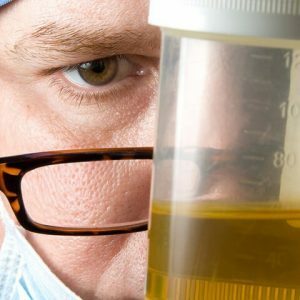 Confirm the presence of a urinary tract infection allows laboratory tests.First of all, a general urine test is performed.More information on how to properly collect urine from infants can be found in this article. Detection in the urine of bacteria, a level of leukocytes over 10 in 1 μl signal for inflammation in the urinary tract .Bacterial culture of urine is mandatory.Detection in the urine of bacteria above 104 KUO / ml confirms the presence of a urinary tract infection.Bacterial culture allows you to identify the causative agent of infection and immediately select the appropriate antibiotic.
Confirm the presence of a urinary tract infection allows laboratory tests.First of all, a general urine test is performed.More information on how to properly collect urine from infants can be found in this article. Detection in the urine of bacteria, a level of leukocytes over 10 in 1 μl signal for inflammation in the urinary tract .Bacterial culture of urine is mandatory.Detection in the urine of bacteria above 104 KUO / ml confirms the presence of a urinary tract infection.Bacterial culture allows you to identify the causative agent of infection and immediately select the appropriate antibiotic.
In addition, to clarify the diagnosis shows the conduct of ultrasound of the urinary system .The method allows to assess the structure and size of the renal parenchyma, to identify possible anomalies in the development of urinary organs.Young children with urinary tract infections are also given a mild cystogram( only during remission of the disease).This is an X-ray examination of the bladder, which is carried out during the process of urination.The method allows to identify vesicoureteral reflux, which promotes the development of inflammation in the urinary tract.
Principles of treatment of urinary tract infections in children under one year
Active treatment of a child with urinary tract infection should begin with the onset of the first symptoms of .You can not delay, because the infection, localized in the lower urinary organs, can quickly reach the kidneys.Treatment of infants with urinary infection is carried out in a hospital.
Antibiotic therapy
Inflammation in the urinary organs causes bacteria that can only be cured with antibacterial agents. The antibiotic is selected taking into account the pathogen isolated during the bacteriosia. Before receiving the results of bacterosseum, antibiotics of a wide spectrum are used.
The first choice drugs are antibiotics from the group of cephalosporins( Cefuroxime, Cefix, Ceppodoxime), as well as protected penicillins( Augmentin, Flemoklave Solutab) .If after three days of treatment the baby remains intoxicated, fever - the doctor changes the drug.Alternative antibiotics are aminoglycosides( Amikacin, Gentamicin) and combined preparations( Sulbactomax).Duration of treatment is 7-14 days.
After completion of antibiotic therapy, uroceptics are prescribed - nitrofurans( Furamag, Furadonin, Furagin), herbal preparations( Kanefron H).These medicines have an antimicrobial effect.
Additional treatment
 With severe intoxication, the baby is prescribed detoxifying agents( Rheosorbylact, Xylat ).Disintoxication therapy promotes the active excretion of bacteria from the body and, accordingly, the elimination of intoxication.At a temperature above 38 degrees, babies can be given Paracetamol or Ibuprofen.These drugs also have an anti-inflammatory effect.To relieve the pain syndrome, the child is credited with antispasmodics( No-Shpa, Papaverin).
With severe intoxication, the baby is prescribed detoxifying agents( Rheosorbylact, Xylat ).Disintoxication therapy promotes the active excretion of bacteria from the body and, accordingly, the elimination of intoxication.At a temperature above 38 degrees, babies can be given Paracetamol or Ibuprofen.These drugs also have an anti-inflammatory effect.To relieve the pain syndrome, the child is credited with antispasmodics( No-Shpa, Papaverin).
During and after the illness, the toddler should drink plenty of water so that the microbes are more actively excreted from the body.Optimum for inhibition of bacteria ph the environment of urine create the use of cranberry morses, compotes from dried fruits.
To prevent intestinal dysbacteriosis after the termination of the course of antibiotic therapy, the baby is prescribed probiotics( Bifiform, Extralact).
Grigorova Valeria, medical reviewer

